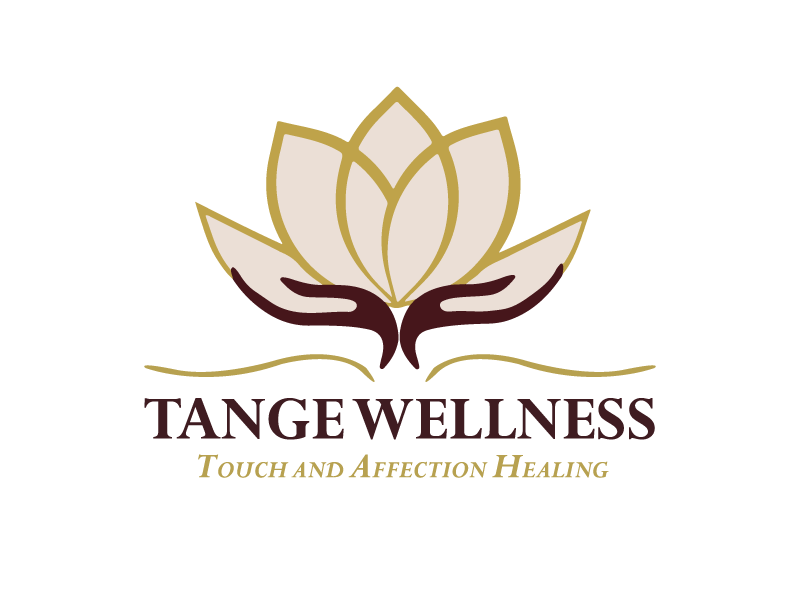Solitude or Loneliness
Loneliness, in its most basic form, can be a place of solitude, where many of us can dive into self-discovery and introspection. It is in this space that we often uncover our deepest desires and understanding of who we are and navigate the layers of our authentic selves. This form of solitude can inspire awe and is a much-needed pause in the perpetual hustle of life where we get to reconnect with our inner self.
Yet, there's a thin line between beneficial solitude and the kind of loneliness that eats away at the joy from our lives and hinders our desires. This darker shade of loneliness is not just a personal struggle; it has become a societal epidemic, especially in Western cultures. Researchers like Julianne Holt-Lunstad have studied the severe implications of the loneliness epidemic, highlighting its correlation with increased mortality rates comparable to smoking and obesity. The American culture celebrates individualism while also maintaining a widespread feeling of disconnection that creates a strange situation where we're together, yet deeply alone.
We know that humans, really mammals, are social creatures. We yearn for connection, for someone to trust and share those quirks and awkward edges that we usually keep hidden. Beyond emotional intimacy, there is an inherent need for physical touch—a fundamental human experience that has become increasingly scarce in our social media-focused, overworked, and under-touched society. Our interactions, more often than not, are superficial, leaving people with a deep desire for more meaningful connections.
Given this cultural landscape, it is no surprise that platonic touch & cuddle practitioners and therapists have given hope to those who would otherwise never experience that connection. We offer more than just companionship; we provide a safe container for physical touch and connection. Certified cuddle therapists are trained not only in the art of touch but also in the language of consent, mirroring boundary work, and interpersonal communication. We teach people how to directly express their needs and desires, and how to ask for and receive touch in a way that respects both parties' boundaries.
This therapeutic approach addresses not just the symptoms of loneliness but the underlying craving for human connection. Dr. Tiffany Field at the Touch Research Institute has shown the profound psychological and physiological benefits of touch, including reduced anxiety, improved immune system function, and increased levels of oxytocin, often referred to as the "cuddle hormone."
The loneliness epidemic, particularly prevalent in Western societies, underscores a pressing need for reevaluating our lifestyle choices and societal values. As Dr. Vivek H. Murthy, Surgeon General of the United States, discusses in his book "Together: The Healing Power of Human Connection in a Sometimes Lonely World," the answer is to create communities and spaces that value deep personal connections and the extraordinary power of positive touch.
As we navigate modern life, with its digital distractions and relentless demands on our time, the role of touch and connection has never been more critical. Platonic Touch & Cuddle Therapy, with its emphasis on consent, boundaries, communication, and physical touch, offers a pathway out of the loneliness epidemic. It reminds us of the power of human connection to heal, to bring joy, and to make us truly feel alive.
In March, let's challenge ourselves to look beyond our screens and schedules, to seek out and nurture the connections that make life worth living. Let's embrace the power of touch and remember that in our solitude, we are never truly alone.



